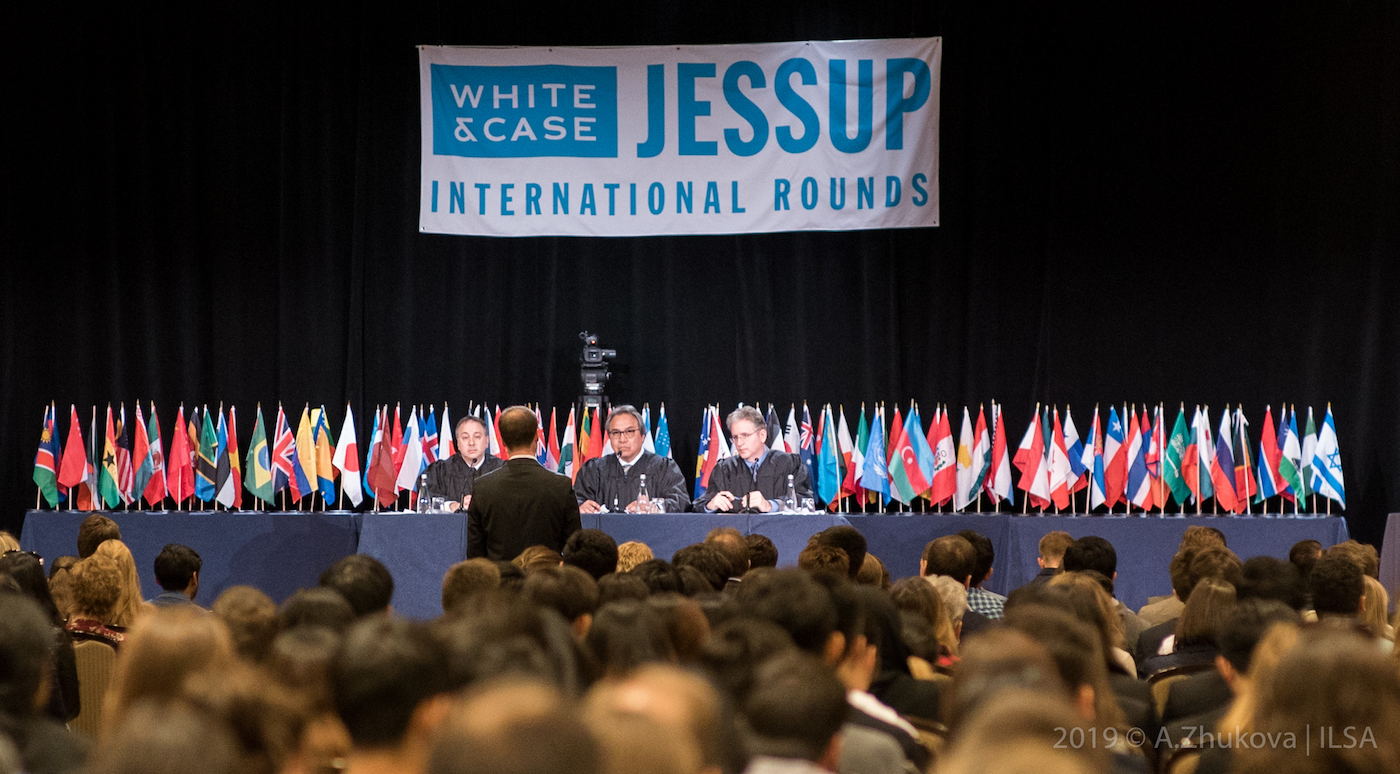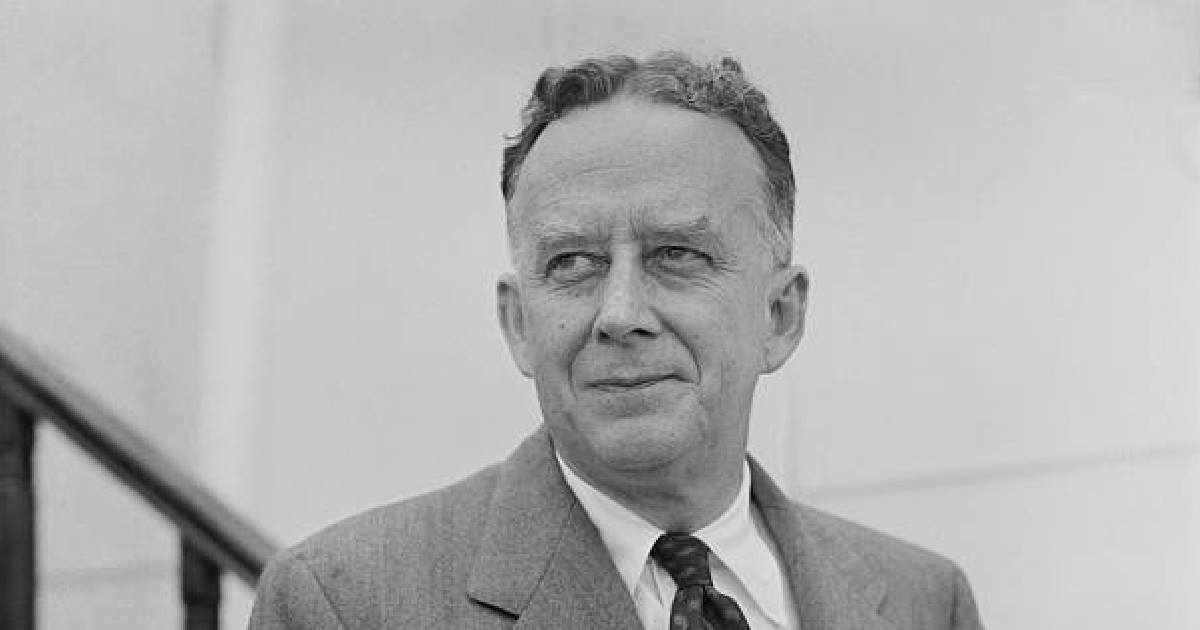About Jessup
- Home
- About Jessup

i. What is Jessup?
‘Jessup’- the abbreviated form of ‘Philip C. Jessup International Law Moot Court Competition’- is popularly known as the World Cup of Moot Court Competition. Starting in 1960 it proudly took the position of the largest moot court competition of the world for many years. The Competition is a simulation of a fictional dispute between countries that reflects the emerging concerns of international law where participating teams represent the parties before the International Court of Justice, the judicial organ of the United Nations, but with a smaller complement of judges (3 instead of 15).
For details, click here.

For details, click here.

ii. Who is Philip C. Jessup?
“By his talks and his writings, by his realism and his scholarship, and most of all by a deep faith which communicates itself, he has been a great leader and teacher.” -Joseph Diwan, Professor of Law, Louisiana, about Philip C. Jessup.
The Philip C. Jessup Moot Court Competition is named after Philip Caryl Jessup - a 20th century (February 5, 1897 – January 31, 1986) American diplomat, jurist, negotiator, and scholar – among others notable for his accomplishment in the field of international law.
Mr. Jessup played different career roles and wore all the hats successfully: he was a professor of international law at Columbia Law School and was named the Hamilton Fish Professor International Law and Diplomacy at Columbia Law; he played the role of assistant director at the Naval School of Military Government and Administration at Columbia University; he served his country in several roles in the United Nations - he was U.S. representative to the General Assembly (second, third, and fourth special sessions), deputy U.S. representative to the Interim Committee of the General Assembly and Security Council, and deputy chief of U.S. Mission to the United Nations; and served the International Court of Justice as a jurist.

The Philip C. Jessup Moot Court Competition is named after Philip Caryl Jessup - a 20th century (February 5, 1897 – January 31, 1986) American diplomat, jurist, negotiator, and scholar – among others notable for his accomplishment in the field of international law.
Mr. Jessup played different career roles and wore all the hats successfully: he was a professor of international law at Columbia Law School and was named the Hamilton Fish Professor International Law and Diplomacy at Columbia Law; he played the role of assistant director at the Naval School of Military Government and Administration at Columbia University; he served his country in several roles in the United Nations - he was U.S. representative to the General Assembly (second, third, and fourth special sessions), deputy U.S. representative to the Interim Committee of the General Assembly and Security Council, and deputy chief of U.S. Mission to the United Nations; and served the International Court of Justice as a jurist.


